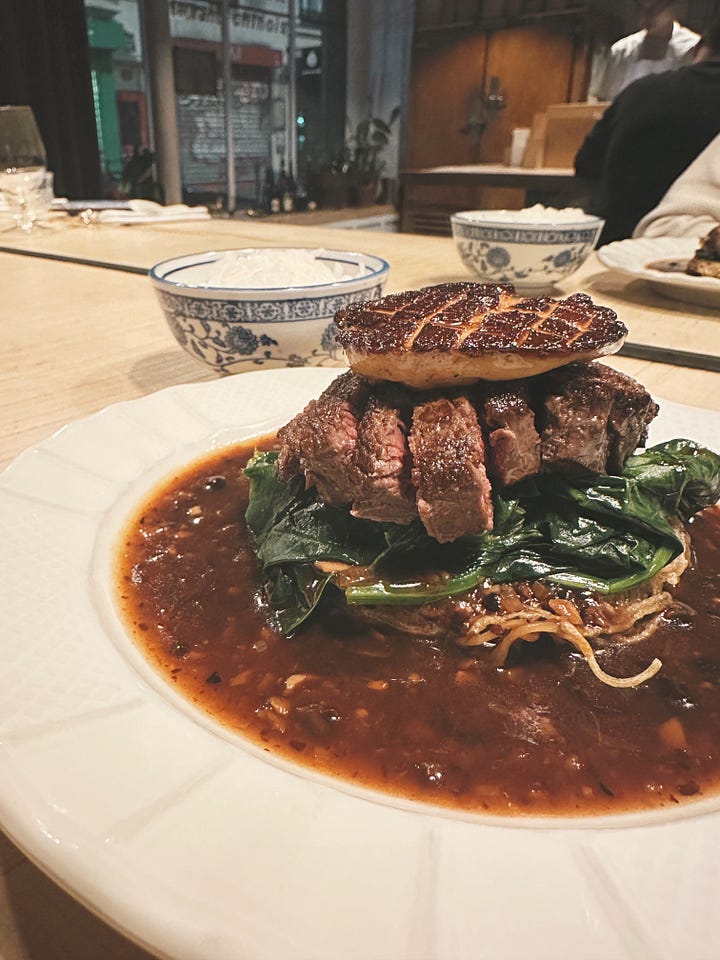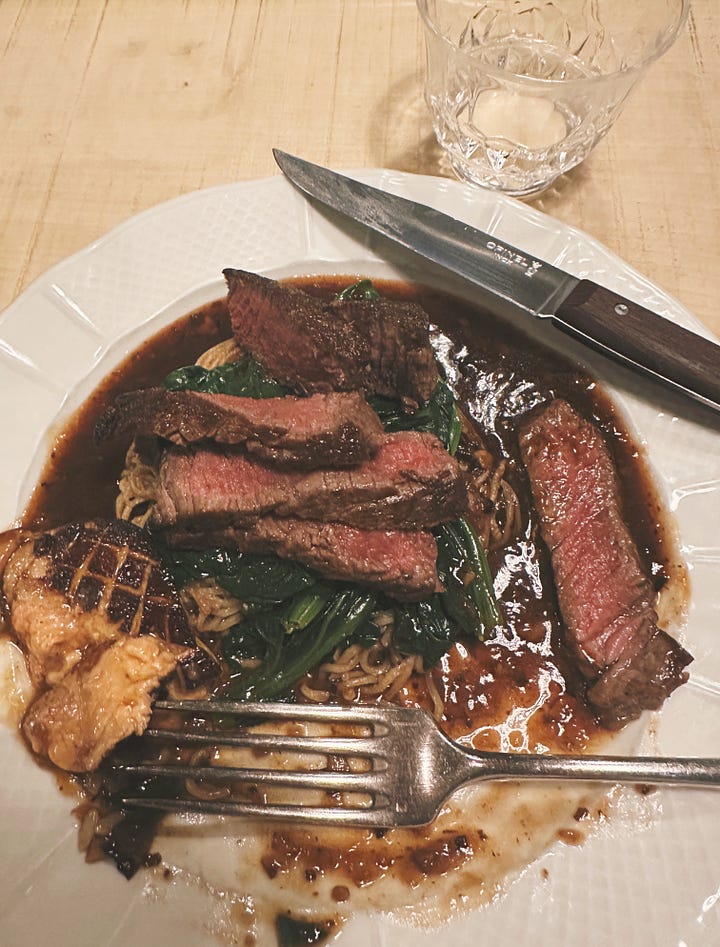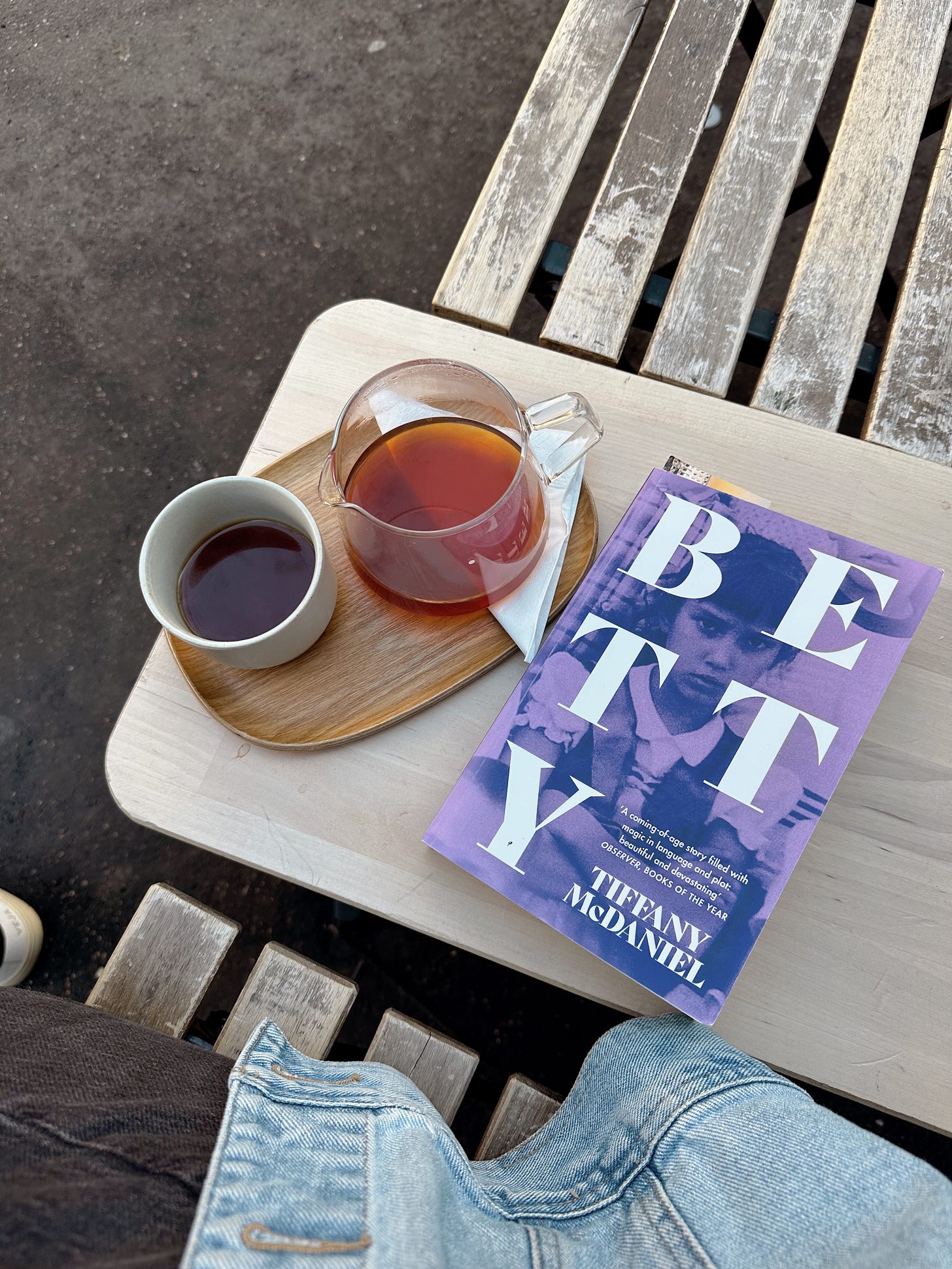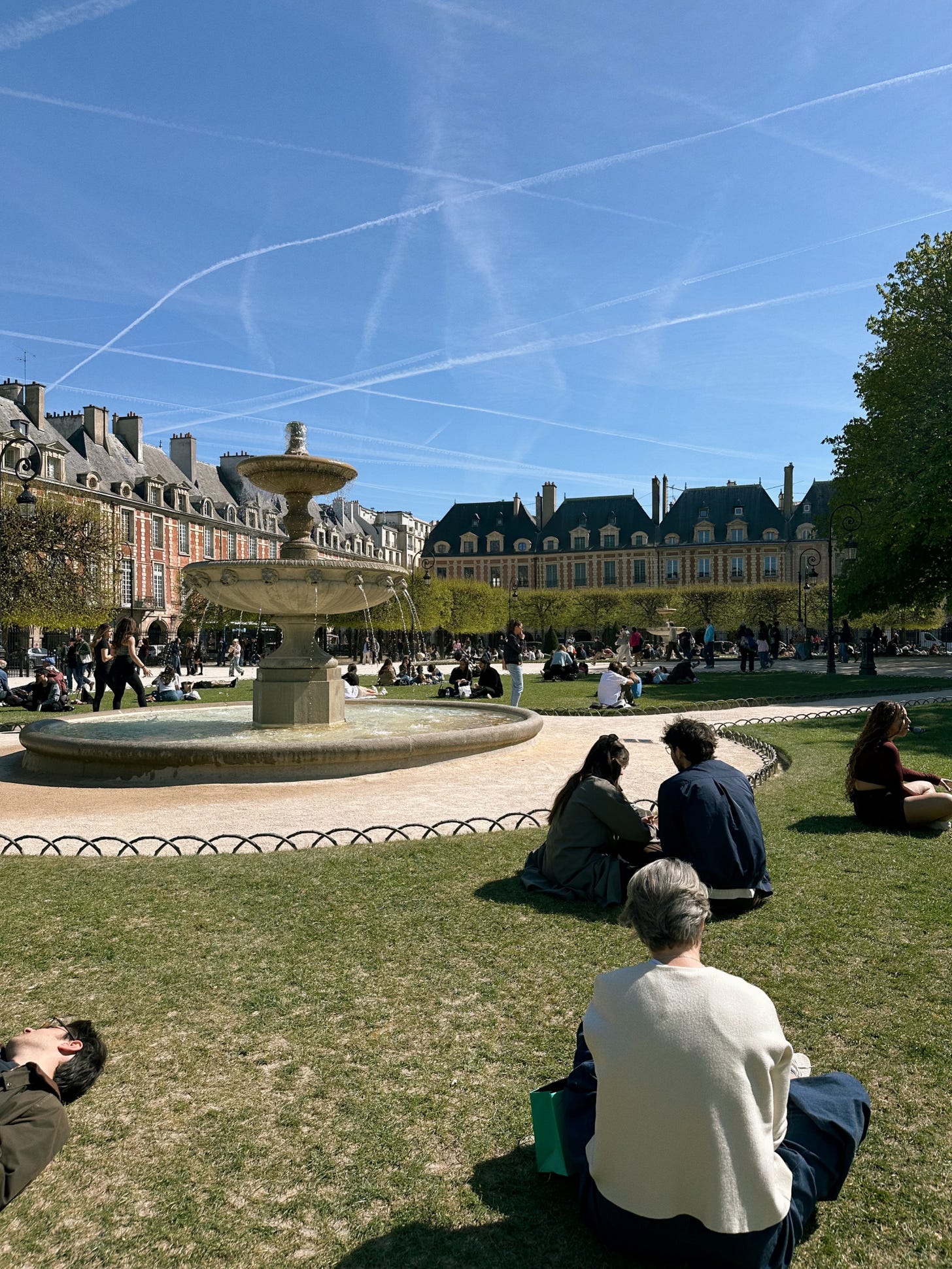Plaisir [pleZiR] (noun) is French for pleasure, enjoyment. And petit plaisir translates to a little treat. When I use plaisir as a verb, I translate it to please in English. The literal English translation of s’il vous plaît is “if it pleases you” (formal, polite usage). In other words, you are asking, “Will it bring you pleasure to fulfil my ask?” When I say please in English, I add it to my ask or demand just to be polite. Nothing more.
In American English, I feel the word pleasure has a sexual connotation. However, in French, plaisir isn’t always associated with sex or fulfilling an ask. Plaisir can also be found in the nondistinctive everyday moments that can also bring moments of happiness without costing you a penny (or un centime, if you’re in France).
Some petits plaisirs during my last visit to Paris, France:
Standing outside my hotel was a young Frenchman wearing a white t-shirt and black pants on a break from his service industry job in the late afternoon. His arms rested at his sides. Between the fingers of his left hand was a half-smoked cigarette, and in his right, un café (espresso) in a tiny brown paper cup. His eyes were closed as his head was tilted toward the sun so he could absorb as much precious vitamin D as possible.
A trifecta of happiness for a French person: Un café, une cigarette, and le soleil (sun).
*
I began one morning by ordering a pour-over at KB Coffee in the neighborhood of South Pigalle. When the barista brought my pour-over to me, he told me how I should drink it in three pours, so I could enjoy the different coffee notes when it’s hot, warm, and cool. When the barista returned later to clear dishes off nearby tables, he asked for my opinion on the coffee and which pour I enjoyed most.
*
Earlier in the afternoon, my French friend CE and I stopped to pick up some pastries from the boulangerie/pâtisserie The French Bastards. While enjoying our pastries (we agreed that his tarte chocolat praliné was better than my éclair caramel), CE gave a linguistic lesson on the word bastard. For most English speakers, bastard refers to an illegitimate child. The French word for bastard is bâtard, and it refers to (inferior) bread. Bâtard bread refers to a short, fat version of a baguette. I can only assume that the French owners continuously find humor in their pun and how it’s interpretated across languages. English speakers think it’s fun because of the curse word; whereas, in French, the French Bastards literally tell you what they make in their name, which is bread.
*
At Jardin du Palais Royale, a young couple relaxed on a bench. She sat upright reading a paperback while he lay longways with his head in her lap, feet hanging off the park bench, letting himself be warmed by the sun while she gentle played with his curly hair. Eventually, she put her book down as she caressed his face with her hands. In the distance, you could hear the fountain and breathe in the scent of cherry blossoms wafting through the air during this mid-morning in early spring.
*
A 3-year-old girl wore the biggest smile as she carried her chocolate chip brioche out of Place des Vosges.
Each time I visited Place des Vosges it was filled with people picnicking or sunning to take advantage of the perfect weather featuring warm temperatures accompanied by the sun after (what I had been told) was a dreary March with grey skies and cold temperatures.
*
For dinner, I ordered the chef’s tasting menu at Cheval d’Or. As I struggled to finish the tenth dish, steak topped with foie gras, a server encouraged me to find a small side stomach into which I could stuff more food. I somehow managed to do just that. After the fourteenth and final course, the server told me she was proud of me for finishing. I responded, “Me too!” We both bent our heads forward as we try to stifle our laughter. My stomach (and side stomach) were beyond stuffed and my heart full from the delicious meal.


*
During a gin making workshop, I made small talk with the Frenchman (who also came solo) sitting next to me. He mentioned he was from the French region Breton (Brittany) but had also lived in the Normandie region. My controversial follow-up question was, “Does Mont St. Michel belong to Breton or Normandie?” to which the Frenchman threw back his head in laughter and said he didn’t have an answer. I smiled because I was happy that my joking question made him laugh like it did.
If you only read the title of Glynnis MacNicol’s book I’m Mostly Here to Enjoy Myself: One Woman’s Pursuit of Pleasure in Paris (ENJOY) and saw the cover, it would be easy to assume that the memoir was about a Parisian sexcapade. It’s not. MacNicol is a voice of women’s liberation from societal norms and expectations. Not all “pleasure” has to be tied to a romantic relationship and/or motherhood, as it is often portrayed, in order for women to feel fulfilled. In ENJOY, MacNicol finds enjoyment in moments such as an impromptu dance party along the Seine, reading a book in Parc Monceau, or repeatedly wearing a little red dress she found at Monoprix. And if she does choose to have a casual romantic encounter, it’s on her terms.

I have been mulling over my previous aversion to the use of the word pleasure in everyday conversations. I fear even within a nonsexual context the word is automatically associated with sex. Maybe it’s the Puritan foundation of moral righteousness that is still present in American society that makes me hesitant to freely use the word.
One of the beautiful things about languages is how the same words can be used and thought about differently, like pleasure and plaisir. When I think of how the French use plaisir to describe the small, everyday moments, it feels liberating because plaisir is rooted in that aspect of French culture that invites you to simply enjoy life and do the things that please you.
When the world is facing global uncertainty, I’m going to bask in petits plaisirs more often and follow the French lead to enjoy even small, mundane moments.






Sarah-your gift of descriptive writing is such a plaisir to read. Thank you for sharing your words and I toast to your talent!